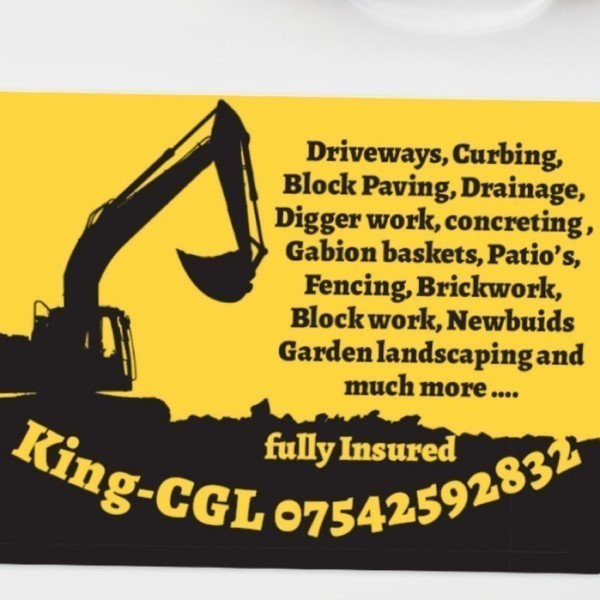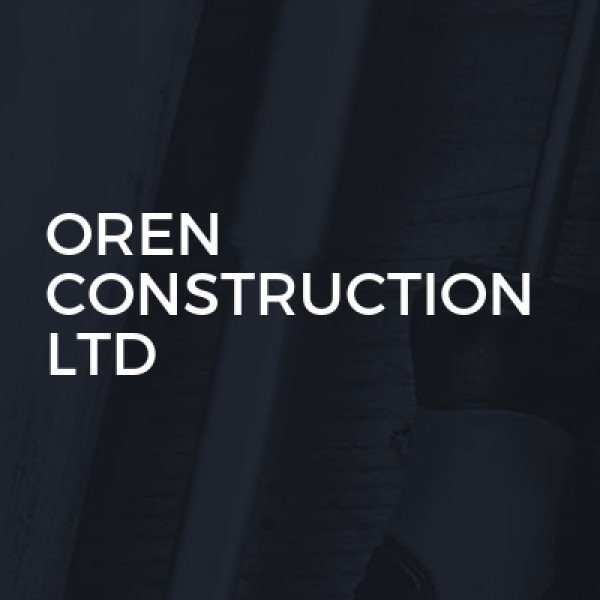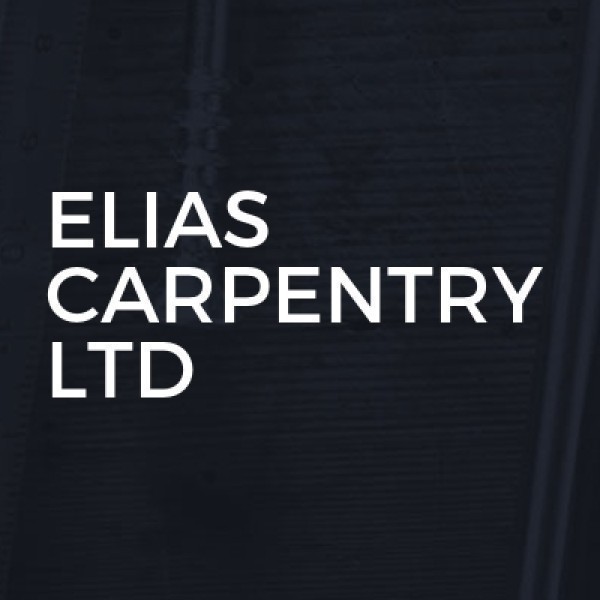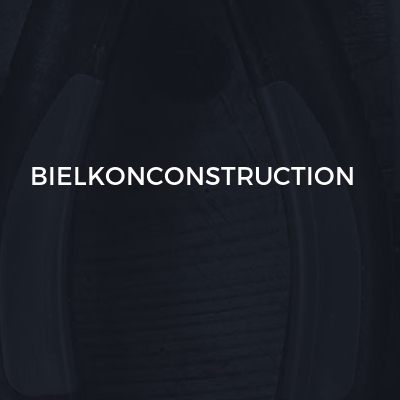Extension Builders in Ammanford/Rhydaman
Search Extension Builders in places nearby
Understanding the Role of Extension Builders in Ammanford/Rhydaman
In the charming town of Ammanford, known locally as Rhydaman, the demand for home extensions has been steadily rising. With a growing population and a desire for more space, many homeowners are turning to extension builders to enhance their living environments. These skilled professionals play a crucial role in transforming homes, ensuring they meet the evolving needs of families while maintaining aesthetic appeal and structural integrity.
The Growing Need for Home Extensions
As families grow and lifestyles change, the need for additional space becomes apparent. Whether it's a new bedroom, a larger kitchen, or a dedicated workspace, home extensions offer a practical solution. In Ammanford, the trend towards extending homes rather than relocating is driven by the desire to preserve community ties and avoid the hassle of moving.
Benefits of Home Extensions
- Increased Living Space: Extensions provide much-needed room for growing families or new hobbies.
- Enhanced Property Value: Well-executed extensions can significantly boost the market value of a home.
- Personalised Design: Homeowners can tailor extensions to suit their specific needs and tastes.
- Cost-Effective: Compared to moving, extensions can be a more economical way to gain space.
Choosing the Right Extension Builder
Selecting the right extension builder in Ammanford is crucial to the success of your project. With numerous options available, it's essential to consider several factors to ensure you make an informed decision.
Key Considerations
- Experience and Expertise: Look for builders with a proven track record in similar projects.
- Reputation: Check reviews and ask for references to gauge customer satisfaction.
- Licensing and Insurance: Ensure the builder is fully licensed and insured to protect against potential liabilities.
- Portfolio: Review past projects to assess the quality and style of their work.
- Communication: Choose a builder who communicates clearly and listens to your needs.
Planning Your Home Extension
Before breaking ground on your extension, thorough planning is essential. This stage involves defining your goals, setting a budget, and obtaining necessary permits. Working closely with your builder during this phase ensures that your vision is achievable and aligns with local regulations.
Steps in the Planning Process
- Define Your Objectives: Clearly outline what you hope to achieve with the extension.
- Set a Budget: Determine how much you're willing to spend and allocate funds accordingly.
- Design and Layout: Collaborate with your builder to create a functional and aesthetically pleasing design.
- Obtain Permits: Ensure all necessary permissions are secured before construction begins.
- Timeline: Establish a realistic timeline for project completion.
Types of Home Extensions
Home extensions come in various forms, each serving different purposes and offering unique benefits. Understanding the types available can help you choose the best option for your needs.
Popular Extension Types
- Single-Storey Extensions: Ideal for expanding ground-floor living areas such as kitchens or living rooms.
- Double-Storey Extensions: Provide additional space on multiple levels, perfect for adding bedrooms or bathrooms.
- Wrap-Around Extensions: Combine side and rear extensions for maximum space and flexibility.
- Conservatories: Offer a bright, airy space that connects indoor and outdoor living.
- Garage Conversions: Transform unused garage space into functional living areas.
Materials and Design Considerations
The choice of materials and design elements can significantly impact the success of your extension. It's important to select options that complement your existing home while meeting your functional needs.
Material Options
- Brick: Offers durability and a classic look that blends well with traditional homes.
- Timber: Provides a warm, natural aesthetic and is often used in eco-friendly designs.
- Glass: Maximises natural light and creates a modern, open feel.
- Steel: Offers strength and versatility, ideal for contemporary designs.
Design Elements
- Roofing: Consider options like flat roofs, pitched roofs, or skylights to enhance the design.
- Windows and Doors: Choose styles that complement your home's architecture and improve energy efficiency.
- Interior Finishes: Select flooring, paint, and fixtures that align with your personal style.
Budgeting for Your Extension
Budgeting is a critical aspect of any home extension project. Understanding the costs involved and planning accordingly can help prevent financial strain and ensure the project stays on track.
Cost Factors
- Size and Scope: Larger, more complex projects will naturally cost more.
- Materials: High-quality materials may increase costs but offer long-term benefits.
- Labour: Skilled labour is essential for quality work, impacting overall expenses.
- Permits and Fees: Factor in the cost of obtaining necessary permits and approvals.
- Unexpected Expenses: Set aside a contingency fund for unforeseen issues.
Working with Local Authorities
Engaging with local authorities is a necessary step in the extension process. Compliance with building codes and regulations ensures the safety and legality of your project.
Key Considerations
- Building Regulations: Understand the requirements for structural integrity, safety, and accessibility.
- Planning Permission: Determine if your project requires planning permission and submit applications as needed.
- Inspections: Schedule inspections at various stages to ensure compliance with regulations.
Ensuring Quality and Safety
Quality and safety are paramount in any construction project. Working with reputable builders and adhering to best practices can help ensure a successful outcome.
Best Practices
- Hire Qualified Professionals: Choose builders with the necessary skills and certifications.
- Use Quality Materials: Invest in durable materials that meet safety standards.
- Regular Inspections: Conduct inspections to identify and address potential issues promptly.
- Clear Communication: Maintain open lines of communication with your builder to address concerns quickly.
Environmental Considerations
Incorporating eco-friendly practices into your extension project can benefit the environment and reduce long-term costs. Sustainable design and materials are increasingly popular among homeowners in Ammanford.
Eco-Friendly Options
- Energy-Efficient Windows: Reduce energy consumption and improve insulation.
- Solar Panels: Harness renewable energy to power your home.
- Recycled Materials: Use recycled or reclaimed materials to minimise environmental impact.
- Green Roofs: Enhance insulation and support biodiversity.
Managing the Construction Process
Effective management of the construction process is essential for a smooth and successful project. Staying organised and proactive can help prevent delays and ensure quality results.
Tips for Success
- Set Clear Milestones: Establish key milestones to track progress and stay on schedule.
- Regular Updates: Request regular updates from your builder to stay informed.
- Flexibility: Be prepared to adapt to changes or challenges that may arise.
- Documentation: Keep detailed records of all communications, contracts, and expenses.
Post-Construction Considerations
Once construction is complete, there are several important steps to take to ensure your new space is ready for use and meets your expectations.
Final Steps
- Final Inspection: Conduct a thorough inspection to ensure all work meets your standards.
- Address Snags: Identify and resolve any minor issues or "snags" before finalising the project.
- Documentation: Obtain all necessary documentation, including warranties and compliance certificates.
- Celebrate: Enjoy your new space and the enhanced functionality it brings to your home.
Frequently Asked Questions
- How long does a typical home extension take? The timeline varies based on the size and complexity of the project, but most extensions take several months to complete.
- Do I need planning permission for my extension? It depends on the size and location of the extension. Your builder can help determine if permission is required.
- How can I ensure my extension is energy-efficient? Consider using energy-efficient windows, insulation, and renewable energy sources like solar panels.
- What should I do if I encounter issues during construction? Communicate promptly with your builder to address any concerns and find solutions.
- Can I live in my home during the extension process? In many cases, yes, but it may depend on the extent of the work being done.
- How do I choose the right materials for my extension? Consult with your builder to select materials that suit your budget, style, and functional needs.
In conclusion, extension builders in Ammanford/Rhydaman play a vital role in helping homeowners enhance their living spaces. By understanding the process, choosing the right professionals, and planning carefully, you can achieve a successful home extension that meets your needs and adds value to your property.
















